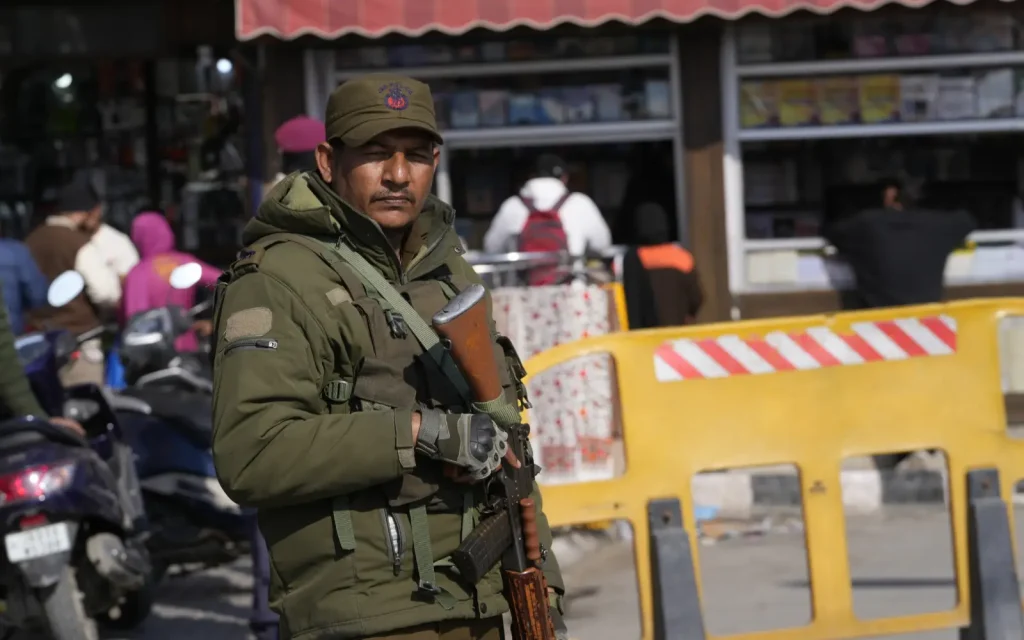Authorities in Indian-administered Kashmir have launched a sweeping crackdown on Islamic literature, seizing hundreds of books written by Syed Abul Ala Maududi, the late founder of the Jamaat-e-Islami. The police carried out raids on various bookshops, igniting protests and fierce criticism from Muslim leaders and human rights advocates.
According to local reports, plainclothes officers initiated the raids in Srinagar, the region’s largest city, before expanding the operation to other towns across the Muslim-majority valley. The seized books include writings by Maududi, a 20th-century Islamic scholar whose works have influenced generations of Muslim thinkers worldwide.
Police officials claim the operation was based on “credible intelligence regarding the clandestine sale and distribution of literature promoting the ideology of a banned organization.” However, they have refrained from explicitly naming the author in official statements.
Prominent Kashmiri figures have strongly condemned the raids, calling them an assault on freedom of expression and religious practice. Umar Farooq, Kashmir’s chief cleric and an advocate for self-determination, labeled the police action “ridiculous” and “a futile attempt to police thought in the digital age.” He pointed out that the banned books remain widely available online, rendering the confiscation ineffective.
“The seized books promote moral values and responsible citizenship,” argued Shamim Ahmed Thokar, another influential religious leader, as protests erupted in various parts of the region.
The move is seen as part of India’s broader strategy to curb dissent and tighten control over the disputed territory. The Indian government banned Jamaat-e-Islami in Kashmir in 2019, labeling it an “unlawful association” and accusing it of fueling separatist sentiment. Critics argue that the ban—and subsequent crackdowns—are politically motivated, designed to suppress Kashmiri voices and erase the region’s distinct cultural and religious identity.
Kashmir has remained a flashpoint between India and Pakistan since 1947, with both nations claiming the territory in full. The abrogation of Kashmir’s special status in 2019 marked a turning point, with New Delhi imposing direct rule and curtailing civil liberties in the region.
The latest book seizures add to the growing list of measures restricting Kashmiri civil society, from mass arrests to internet shutdowns. Rights groups warn that such actions further alienate the local population and deepen mistrust between Kashmiri Muslims and the Indian state.


